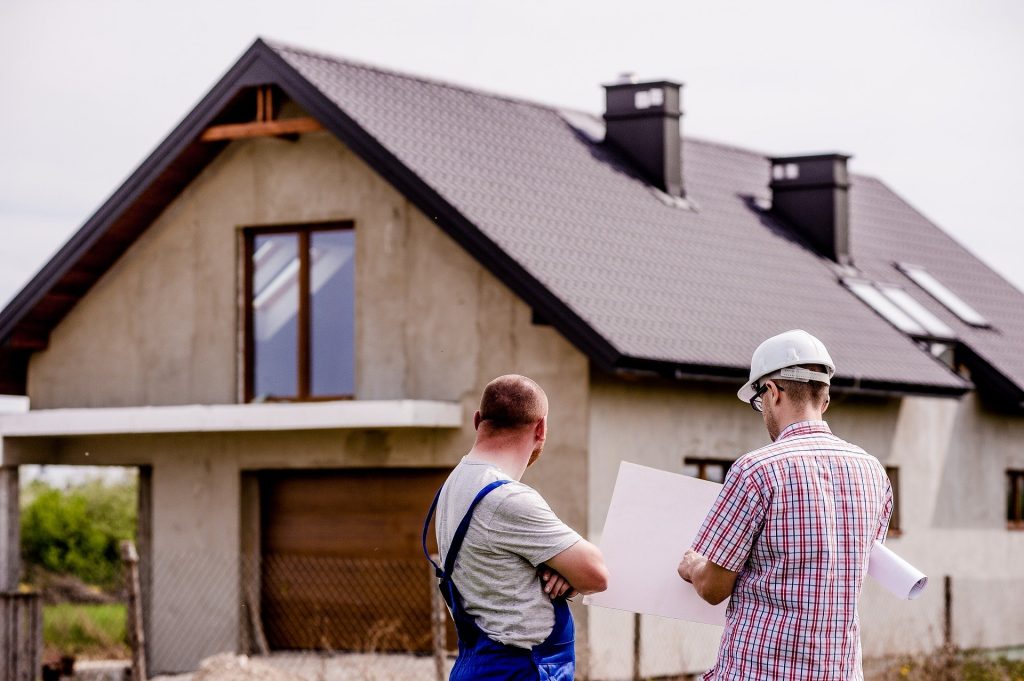Buying a house is a big dream and a way of securing your future, just like many other people. Most often, it signifies your entrance into practical life.
While it is a milestone for some people, you may want to buy a home for investment purposes. Whatever the reason for purchasing a home, to validate and endorse your purchase, you must consider the home inspection report a vital part of the process. What is home inspection and what it entails will be the key focus for this article. Let’s dive down to learn better.
What to Expect from a Home Inspection?
As the name suggests, home inspections help to look for any potential problems or issues in your property. When you decide to move out of your older home, one of the first things is to make sure that the property you choose to purchase is legal. This is because you cannot risk your property purchase, especially if you are under a home loan.
A typical home inspection includes looking for roof problems, foundational issues, plumbing errors, electrical issues, and a lot more. Covering and reviewing every aspect of your property, the home inspection report reveals key points, potential damages, leaks, etc., that you should be aware of.
So, what happens during a home inspection? Read on as we take you through the home inspection process.
What Does a Home Inspection Cover?
Home inspections in Dallas can vary in cost, time duration, and criteria depending on your regional, local, or country laws. However, we have summed up a thorough list of the most important aspects of a home inspection for you.
A typical inspection might not last more than three hours, but you have to stay prepared for any uncertainties.
The things that a home inspection includes are as follows:
- Why and what items in the house require repairs, service maintenance, and/or replacement?
- What kind of issues are there? Are they major, minor, or some other defects?
- What aspects of the property will require proper care and attention now and in the future from you?
You can rest assured that your home inspector will cover every detail of the property. But we will solely focus on the main points so you don’t feel overwhelmed when learning about a home inspection for your property purchase.
What do Home Inspectors Do?
Home inspectors are qualified and certified professionals who perform home inspections under any legitimate organization or independently. What’s important is that home inspectors possess the skills, knowledge, experience, and expertise of checking your house for damages, defects, and other issues.
While they provide home inspections that take place during an escrow home agreement, you can hire them whenever you require. They will offer a proper review of your residential property and discuss their concerns regarding its condition.
What is Included in a Home Inspection?
Now, let’s have a look at the home inspection checklist. Note that there may be a need for additional inspections when it comes to certain parts of your house.
- Grounds
- Foundation
- Attic
- Roof
- HVAC and Utility Systems
- Basement
- Plumbing
- Electrical Work
- Floors
- Exterior Features (Doors and Windows)
- Ceilings and Walls
- Appliances
- House Safety Issues
What to Ask During Home Inspection?
You can always stay around during the inspection of your house. By staying with the home inspector(s) during the property inspection, you can get answers quite promptly.
Plus, you won’t have to rely on digital images and text outlines. Rather, you can ask relevant questions regarding the condition of your house directly from the home inspectors.
Home Inspection Questions
Here are some important questions that you can ask your home inspector:
- What are your (home inspector’s) qualification and credentials?
- How’s the roof?
- How do you judge the electrical work?
- Is the plumbing in optimal condition?
- Is HVAC or other utility systems functional, and in what condition?
- Is the house’s structure a concern?
- How’s the plumbing?
- Does the drainage appear functional and in good condition?
- What’s the condition of insulation in the house, if any?
- Did you detect any pest, critter, or animal infestation?
- What’s the best approach you can take?
What are Home Inspectors Not Allowed to Do?
While your home inspector may help you review the condition of certain aspects of your property, they aren’t allowed to inspect certain parts of your house or have limited access.
In such cases, they can only visually assess cracks, slant foundations, and so on. It’s not their responsibility to perform the repairs or involve in a detailed inspection of certain areas, such as lifting, moving parts of your house, and then assessing their condition for inspection. Here’s what they don’t check:
- Insides of walls
- Chimneys
- Electrical panel
- Sewer lines
- Pipes
- Termite inspection
- Asbestos
- Mold inspection
- Radon
- And engineering defects
Who Orders a Home Inspection?
While a home inspection is crucial in a property transaction process, you should know whose responsibility it is to order a home inspection. Of course, the reports will reveal valuable information, but who will be the one to pay for the inspection costs.
Well, you can choose to be the one who pays for the home inspection. Whether you’re a buyer or a seller, you can get a home inspection for your property at any time. The professional services will help you identify any potential problems in your property.
Who Orders the Home Inspection When Buying a Home?
When purchasing a property, homebuyers often feel inclined to go for a home inspection. Hence, buyers pay the inspection costs most of the time.
If you want to make sure that the property is in good condition and whether or not the closing costs are appropriate, you will require the information from the inspection report.
Having the required information about the condition of your house, whether you are selling or buying, can keep you safe legally.
The Takeaway
Now that you are aware of what happens during a home inspection and what doesn’t, you should pay close attention to the factors involved in a home inspection. You may discuss this beforehand with your real estate agent. This will ensure that you are buying the property of your dreams that meets your needs.
Moreover, if there’s a red flag, it will be easier to deal with the issues ahead of time. Most importantly, you will not have to face any problems or inconveniences after signing the papers.



